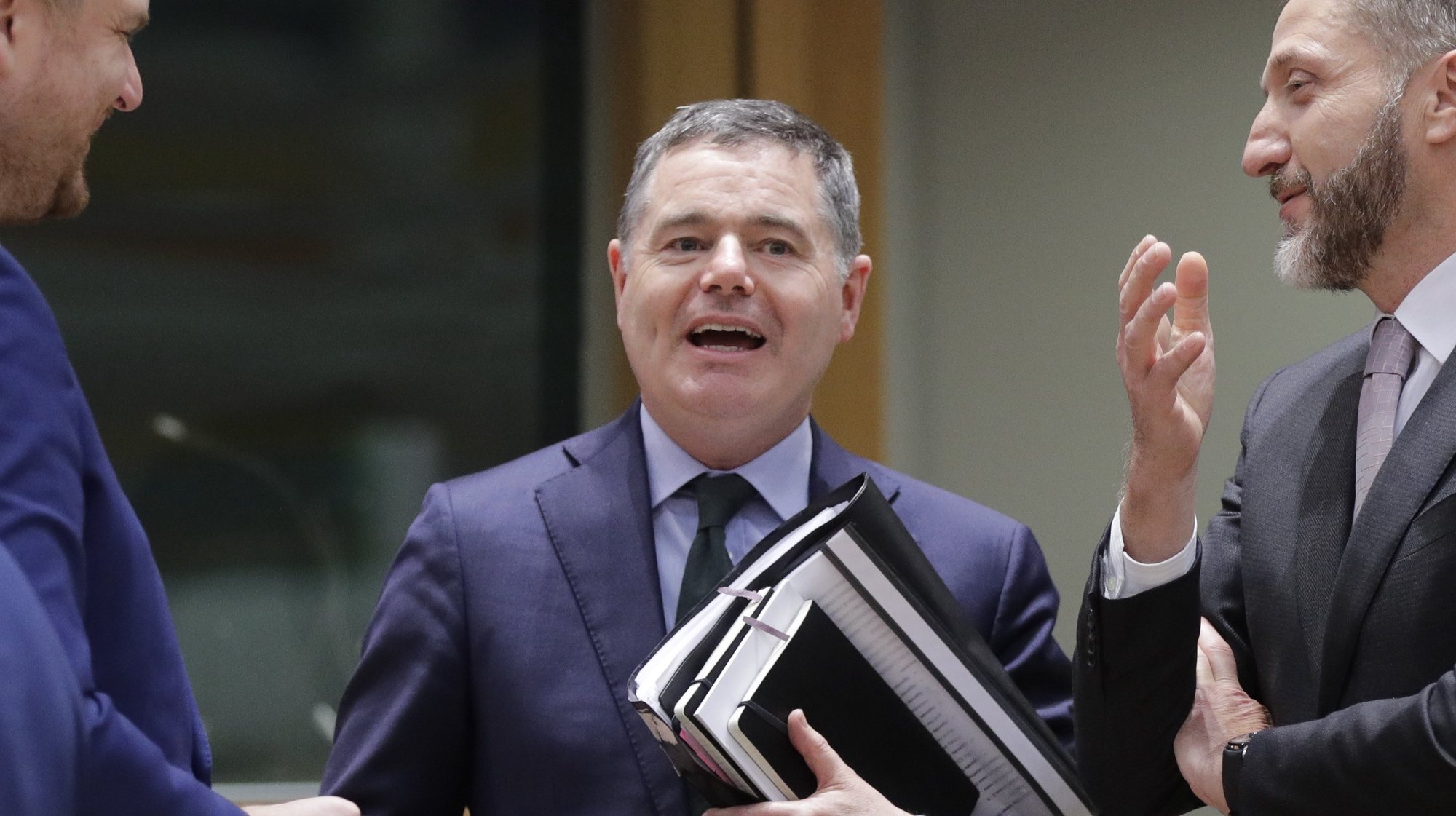
The Eurogroup coincided with the return to budgetary rules, speaking of the need for prudence, with the decision to curb cross-cutting support for the economy. Energy prices are contained and we must take our foot off the accelerator as measures that contribute to permanent budget deficits must be avoided. The European Commission had already expressed this need and now the finance ministers of the euro zone have given their agreement.
Meeting this Monday, the Eurogroup assumes that in 2023-24 “prudent budgetary policies must contribute to guaranteeing debt sustainability in the medium term, while allowing the potential for economic growth to be increased sustainably while transitions are addressed digital and energy. In a statement, the Eurogroup assumes that “we must avoid permanent measures to increase deficits.” Fernando Medina, the Portuguese Finance Minister, had already made it clear at the beginning of the meeting that this was the debate and he agreed on the need to recalibrate support.
Medina: The situation of banks in the US “is not comparable to the reality that exists in the European context.” Eurozone rules are stricter
As already recommended by the European Commission, which set the return of budgetary discipline in 2024. “We have to adapt the measures to the new reality,” Fernando Medina stressed on Monday, who stressed that “today the support can be better calibrated and concentrated.” . in the most vulnerable audiences, for those who need it most, and not transversally”, and “we will make this adjustment, while continuing to support those who need it most”.
This was also expressed by the Eurogroup in the statement issued this afternoon.
“Given the high impact on energy markets and eurozone economies, we will coordinate our measures to preserve a level playing field and the integrity of the single market. Our measures have so far mitigated the excessive initial impact of the energy price shock on businesses and consumers, however budgetary costs are weighing on public finances”, so gradually “we are moving from support for more specific measures and better design”. , efficiency and lower costs. In the absence of further price shocks, we will continue to phase out energy support measures, which also leads to a reduction in government deficits.”
The Eurogroup assumes that it is, however, determined to continue with the coordination efforts for next winter. Hence, he assumes: “As more efforts are needed, we will continue to protect the most vulnerable families and viable businesses, while maintaining incentives to limit energy consumption and increase energy efficiency.”
In other words, the Eurogroup gave the go-ahead to the European Commission’s strategy of returning the budgetary rules to the Member States, which is limited to a deficit of up to 3% of GDP and a debt of 60%. In any case, the European Commission is debating the revision of this policy, not so much in terms of the objectives, but in the way to reach them. But this is where the problem can come. The Eurogroup limits itself to “taking note” of the communication from the European Commission on the budget guidelines for 2024.
Brussels budget rules will resume in 2024
Source: Observadora